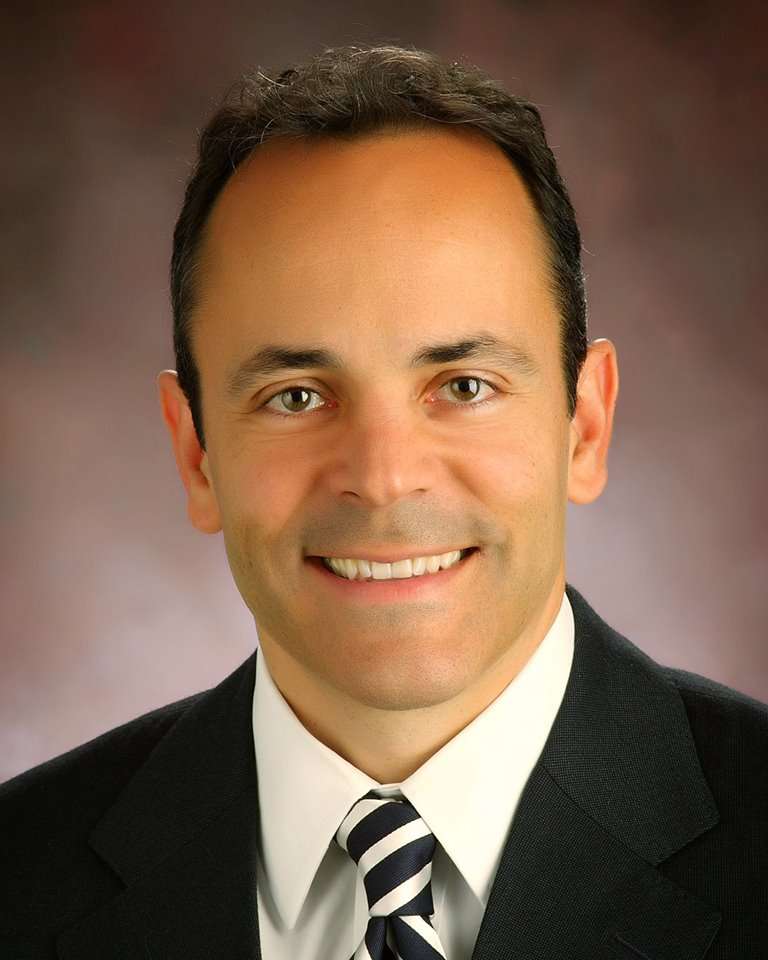Ky. Governor's Action on Ex-Felon Voters Should Get More Attention Than Kim Davis Pandering
Bevin sends mixed messages on limits of executive power.

New Republican Kentucky Gov. Matt Bevin has brought County Clerk Kim Davis back into the news, briefly, by signing an executive order stripping the names off clerks off the marriage licenses in the state. People may recall that Kim Davis famously ended up in prison jail for several days on contempt charges for refusing to hand out marriage license with her name on it because she objected to the Supreme Court decision mandating legal recognition of same-sex couples.
The resolution to that fight was that her county handed out marriage licenses without her name on it, leading to questions as to whether or not those license are legal. Bevin has decided, via executive order, to make it so. He announced that all clerks will have their names yanked off the licenses so as to not to force any of them to have to put their stamp of approval on something that they may feel violates their religion.
Whether or not Bevin has the authority to make such an executive action is in question, though. The state's chapter of the American Civil Liberties Union objects to the order on the grounds that the requirement that the clerk's name be on the licenses is mandated by state law and therefore must be changed by the legislature, not the governor.
While that gets much of the national mainstream attention, there was another executive order that is much more deserving of concern. Before leaving office, previous Gov. Steve Beshear (a Democrat) signed an executive order of his own focused on restoring voting rights, jury rights, and occupational licensing rights to Kentucky citizens who had been convicted of felonies but were now freed. Kentucky requires these citizens to individually petition the governor for their rights to be restored. Via executive order Beshear ordered the process to be made automatic.
Yesterday Bevin issued an executive order rescinding Beshear's order. Though he says in the order he actually agrees with Beshear that ex-felons should be able to get their civil rights restored automatically, he doesn't want an executive action to be used for such a change because—wait for it!—he thinks an executive order may overstep the bounds of the governor's authority and wants the state's legislature to change the rules.
Oh, the irony.


Show Comments (89)